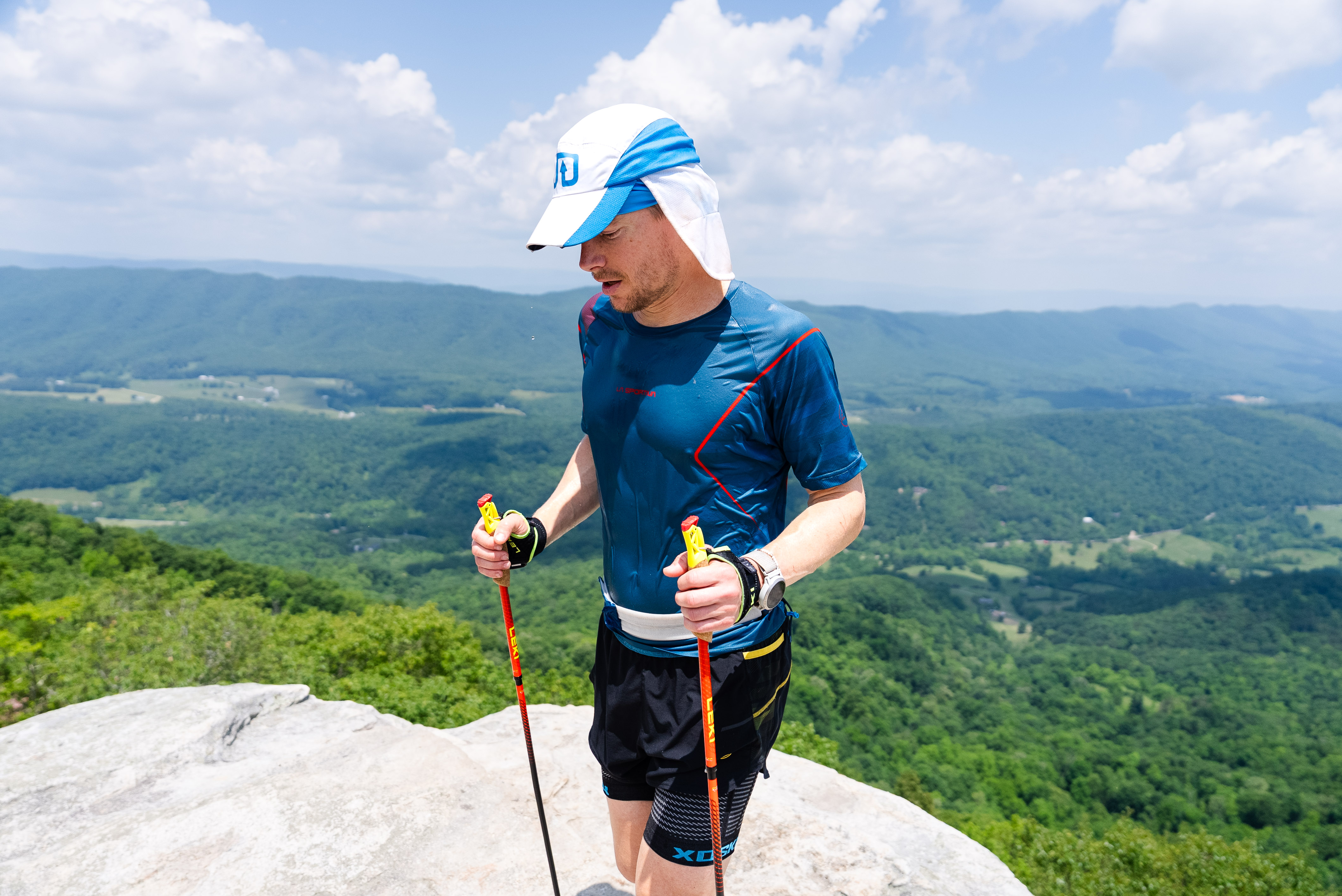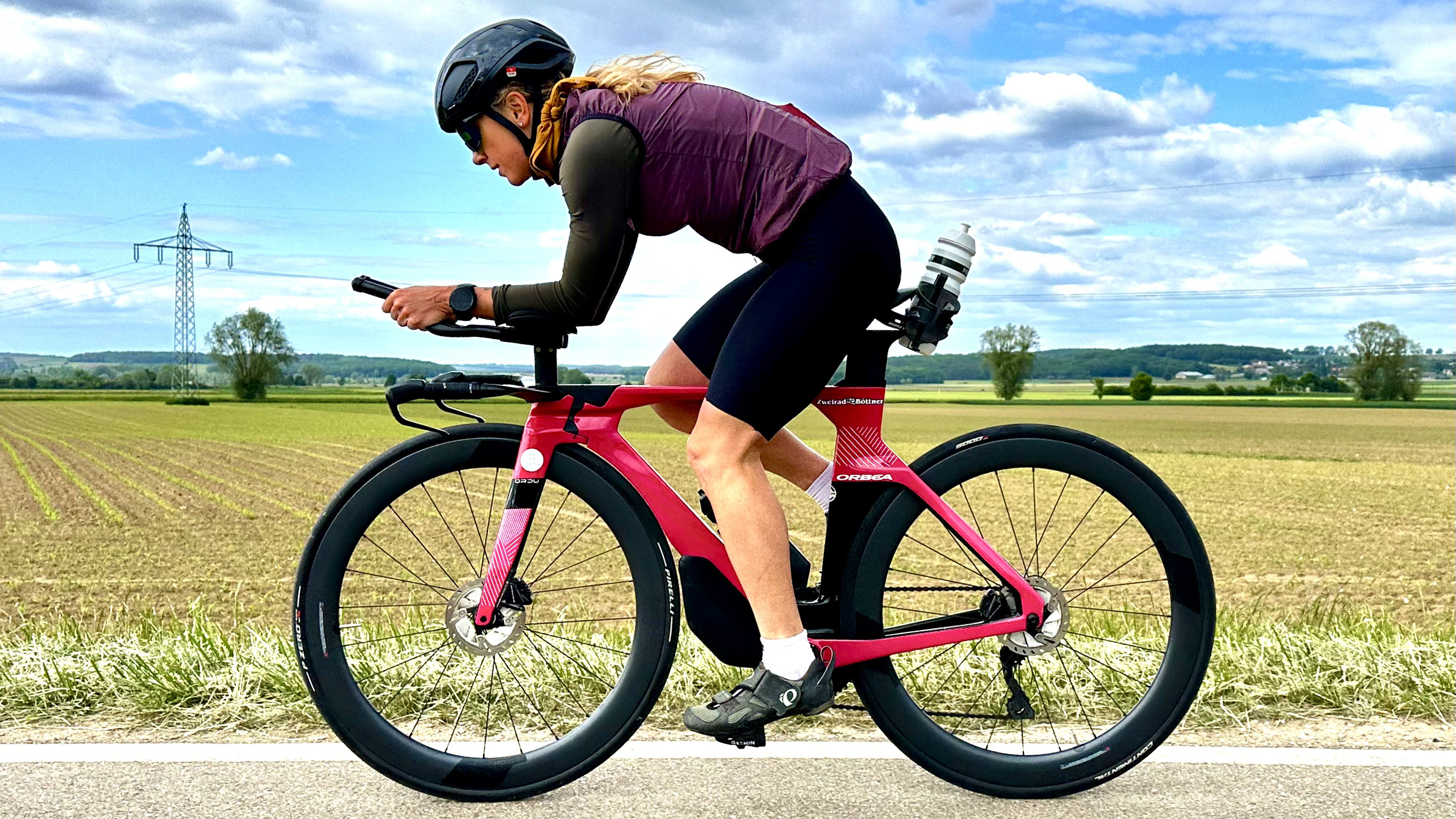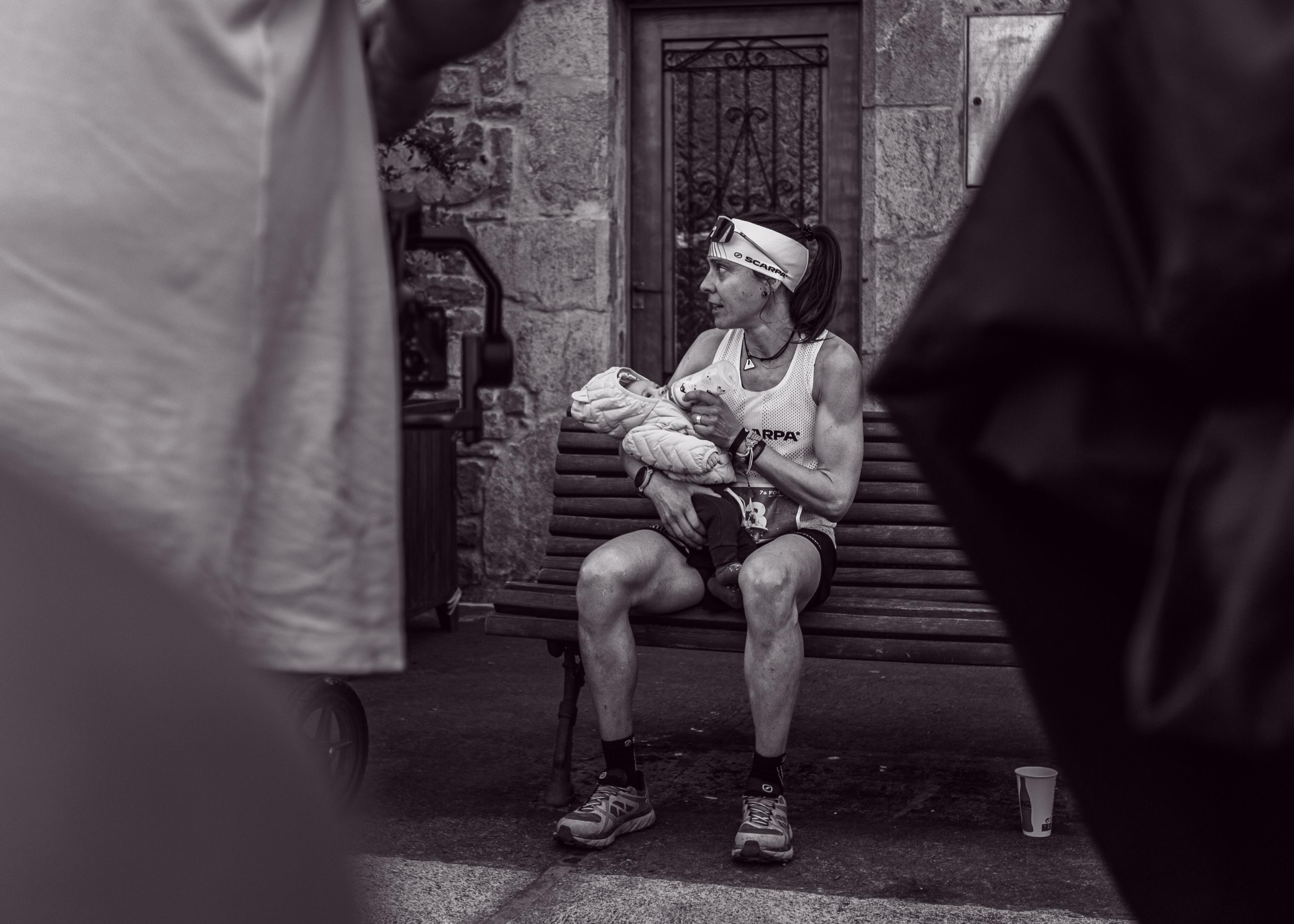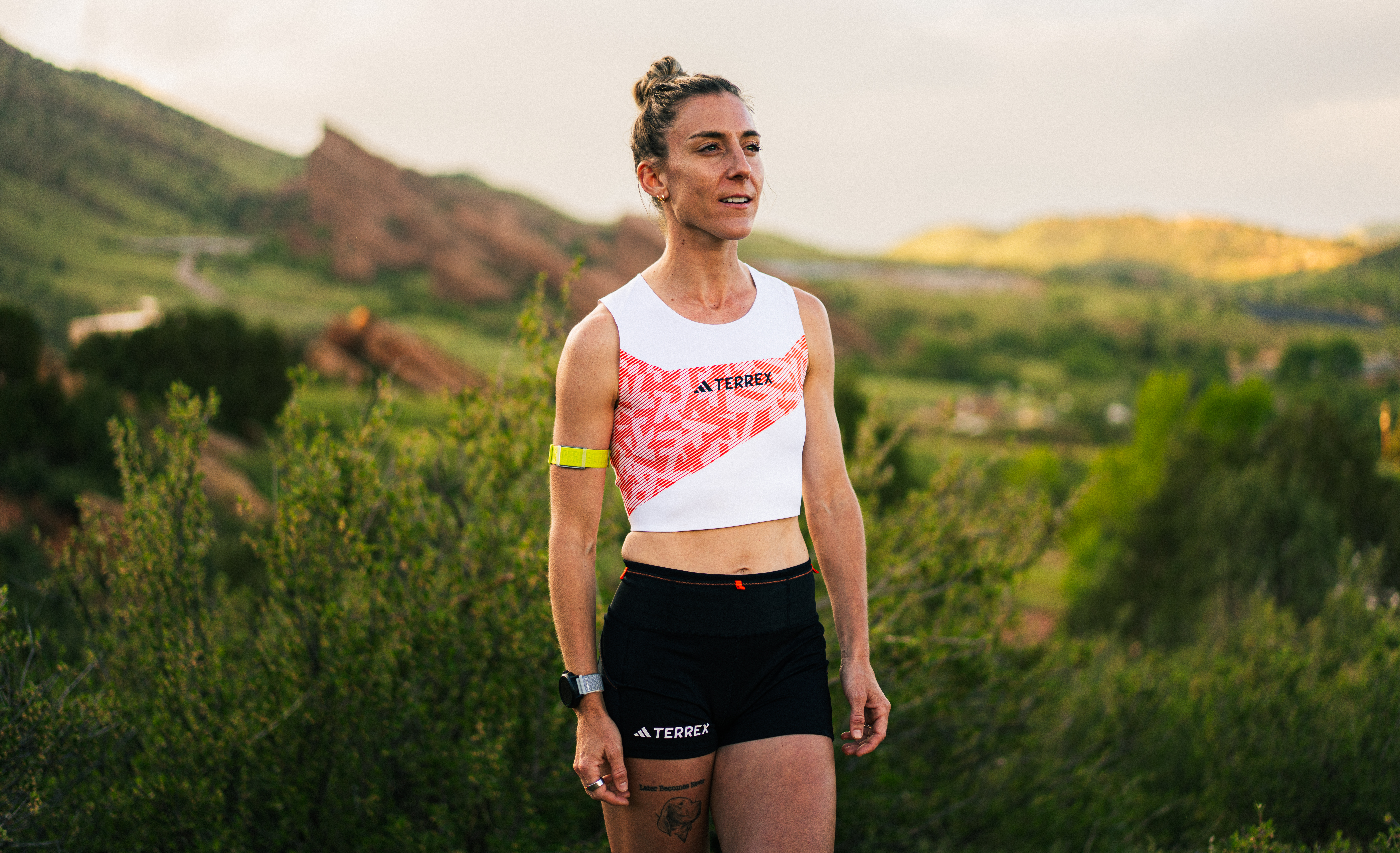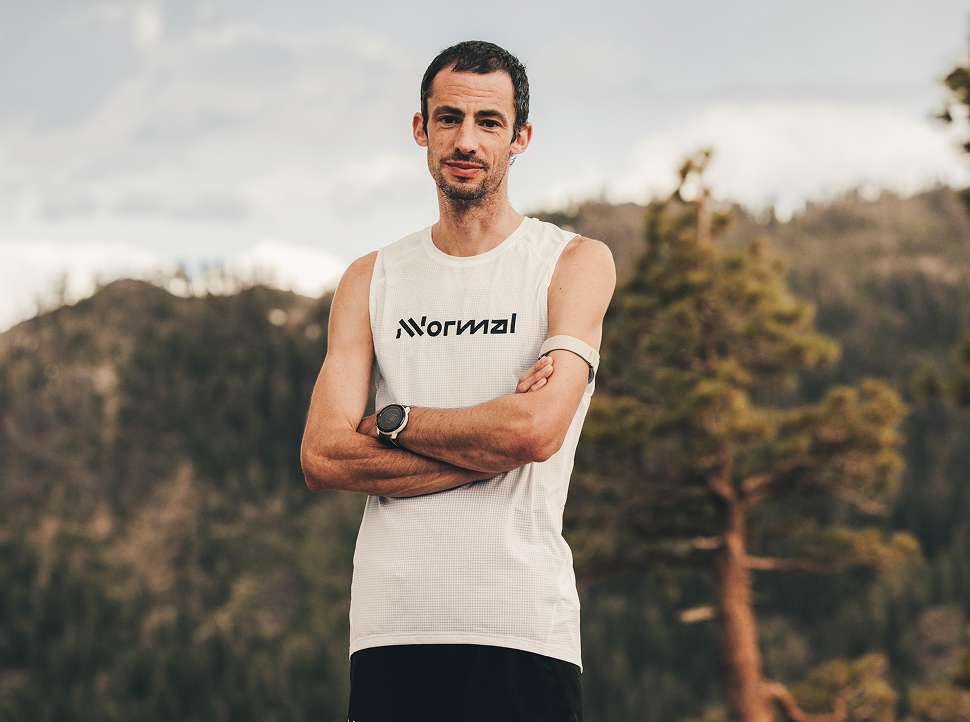While training and racing have always been a focus for Emelie Forsberg, so has becoming a mother and helping raise a family to make a positive impact on the world. Focused on always striving to be her best, Emelie takes us through what it's like to train pre-pregnancy, along with a few things that have changed following the birth of her two children. Below are some of the key items Emelie wanted to share with all new mothers and a few tips/tricks to help them build performance as they return postpartum.
Training Pre/During Pregnancy
For all new mothers out there or those with children at older ages, one of the main changes is the amount of time they have for themselves. Experiencing this same thing, Emelie noted her ability to train and recover pre-children. "Prior to having the little ones, I could spend 8-10 hours on my long days scrambling up climbs while having time to recover after... I put in far more volume but also had more time to recover." Emelie strongly emphasized recovery and ensuring that she had time to relax between larger training sessions. Digging a bit deeper into this topic, Emelie noted, "I used to run for 30 hours/week before kids...Now, my largest training weeks are 20-24 hours."
While the body began to go through changes during pregnancy, Emelie wanted to stay as active as possible during her pregnancy. "Each person is different. You must listen to your body and allow it time to rest... I was able to maintain activity, but I found myself tired often and unable to recover." Noting the increase in fatigue and lack of recovery, Emelie wanted to share some thoughts for those going through pregnancy while training. "It's important to listen to yourself and enjoy this time. It's very special, and the body changes often. Allow yourself the time needed and know you'll get back to your prior level when the time is right."
Post Pregnancy Training
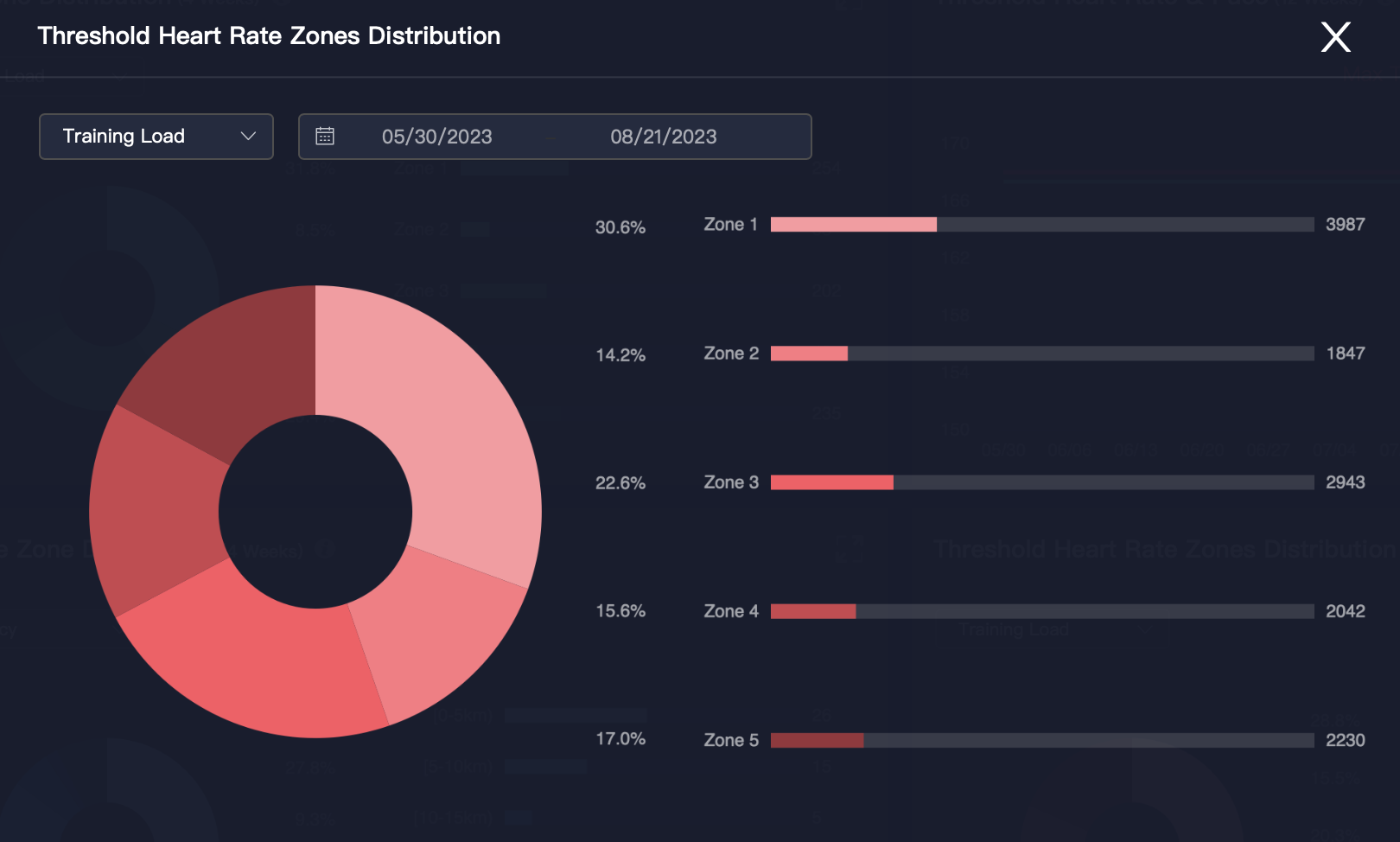
As women get back into training postpartum, it can take a while before you feel like you have the energy and motivation to get back out there. Emelie noted, "It's important that everyone take the time they need. There is no need to force it. Over time you'll refind your energy and motivation to push yourself." Following her own pregnancies, quite a bit has changed with Emelie's training compared to her pre-pregnancy days. "Now I focus almost entirely on quality. I don't perform the extra long days; instead, every run is focused...If I'm going to be away from my family, it's important I'm focused and get the most out of it." Noting her change in training philosophy, Emelie also noted that her peak weeks now are 20-24 hours compared to 30 hours prior, but that the quality of training she does is far better. If you look at the graph above, you should know that most endurance athletes train almost exclusively in Zone 1 and Zone 2. Emelie, however, performs her training at many different intensity levels to push her body and makes her time as effective as possible.
In regard to motivation, Emelie feels more motivated than ever to push her limits. "It took me a while to find this motivation, and at one point, I even asked if this was really what I wanted to do with my time. However, I woke up one night and felt that I have this gift, and I need to see what is possible." Refocusing her mind on pushing her limits, she credits the increase in quality with a more fulfilled feeling of pushing her limits but not needing as much time for recovery. "Before kids, you had time to lay down and fully recover, but now when I get home, my recovery is hanging out with the kids. I can't support the training I did prior, but that is okay because I'm able to get what I need and balance my time more effectively."
Each Person is Different
One item that Emelie wanted to relay to athletes globally is that everyone is different. How she handled pregnancy and postpartum could be vastly different from other women.
Your body is going through so much, with hormone changes, physiological changes, and other things... It's very important you're kind to yourself and enjoy this special time.
While Emelie is now pushing onward towards her competitive goals, she has identified a few items that can help women as they go through this journey, and she wanted to share these tips/tricks and the impact they have made on her journey.
Tips and Tricks For Your Return To Training
Emelie has used a mix of cross-training, strength training, and specific metrics to help her build back into the fierce competitor that she is today.
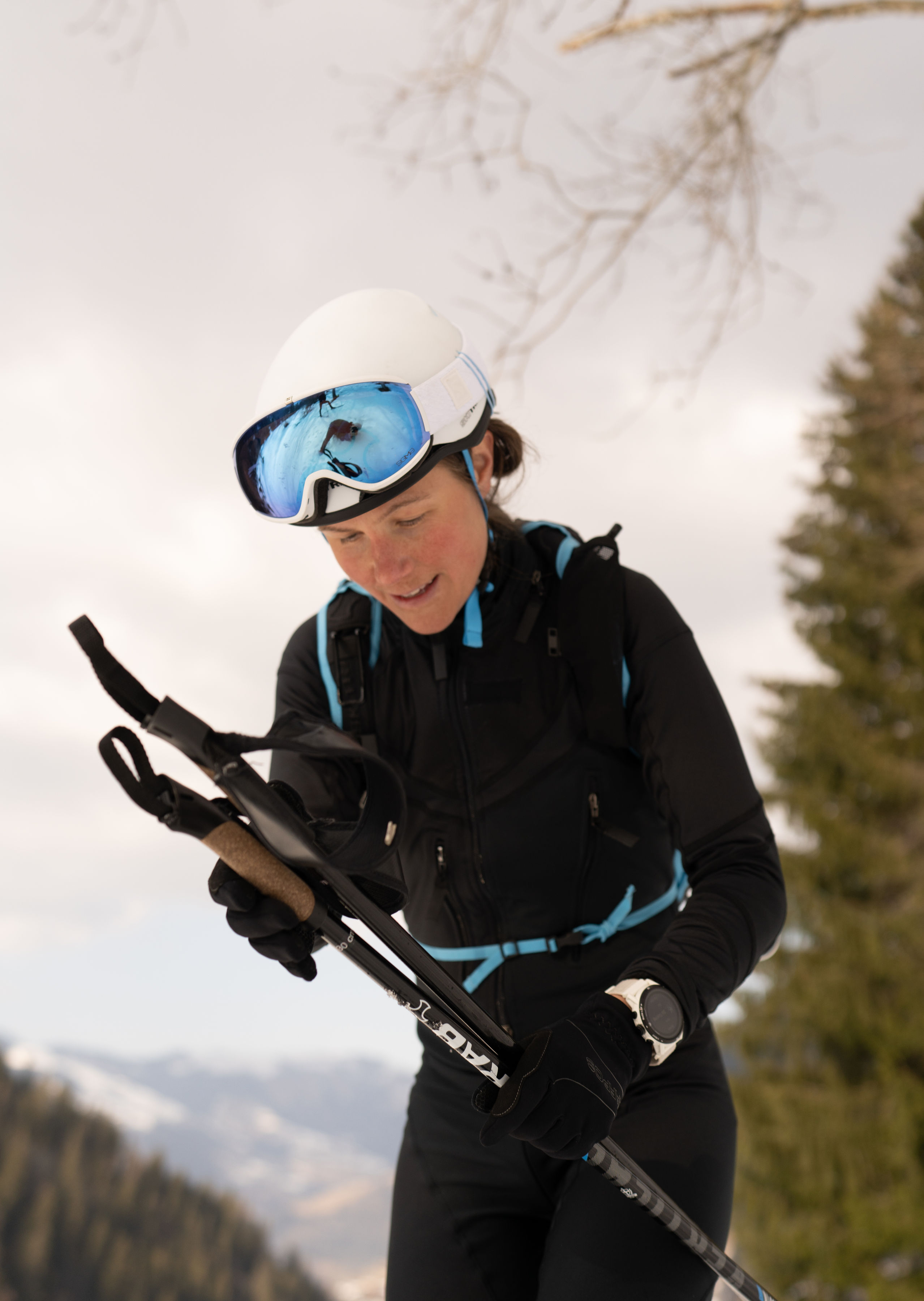
Cross-Training
Immediately upon having her 2nd child, Emelie knew she would get back into training, but she also wanted to be very cautious not to overexert herself as her body recovered from giving birth. She noted that she would only go out for activity (in a light manner) on days she was feeling good. "Some nights you don't get any sleep, and it's just not worth it to go out there, and you need to listen to your body. However, when I was feeling good, I would do low-weight bearing activities to bring movement back into my routine."
Her suggestions for the first 12 weeks postpartum are:
- Going for light walks with your stroller only when feeling good. It's a great chance to connect with your new child and get outside.
- On days when you're feeling a bit better, you can go for a bike ride. This reduces stress on your legs but allows you to go a bit further.
- When you are finally ready for more movement, Emelie recommends skiing. She used this to reduce the impact on her recovering body but allowed herself to push a bit more and build cardio fitness.
Strength Training
As women go through pregnancy, their abdominal muscles separate to make room for the growing child. Knowing how important core muscles are to endurance performance and quality of life, Emelie has put a core routine into her must-dos pre-pregnancy (to strengthen prior to childbirth) and postpartum to help you return faster.
Emelie has created a core strength workout within the COROS app and has shared it for all COROS athletes to download if they need guidance. Athletes will download their COROS app and then place it on their training calendar. From there, hit start strength workout and let Emelie guide you through one of her favorite core workouts.
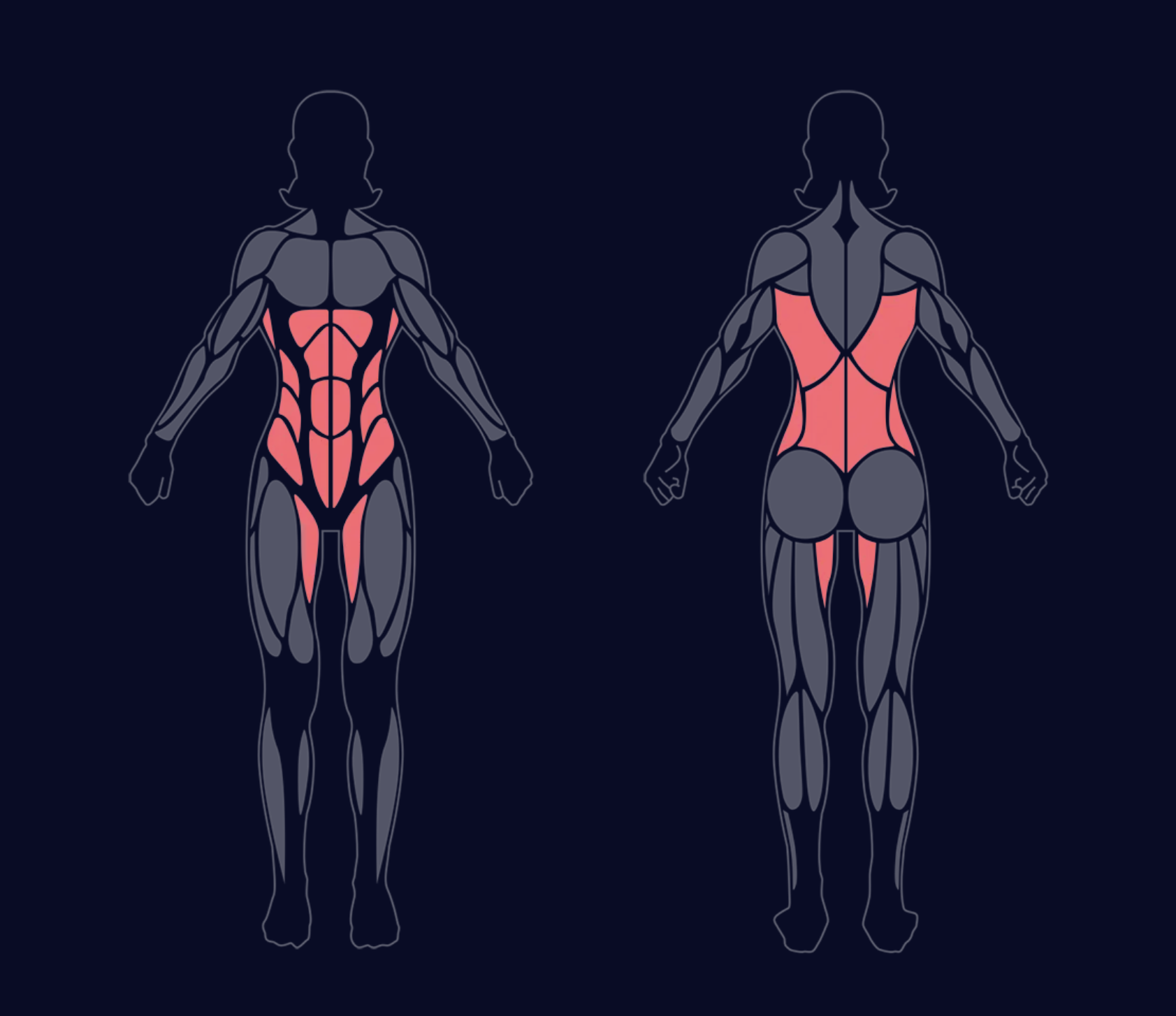
Heatmap of Muscles Targeted in Emelie's Workout (as shown in the COROS app)
Metrics to Monitor
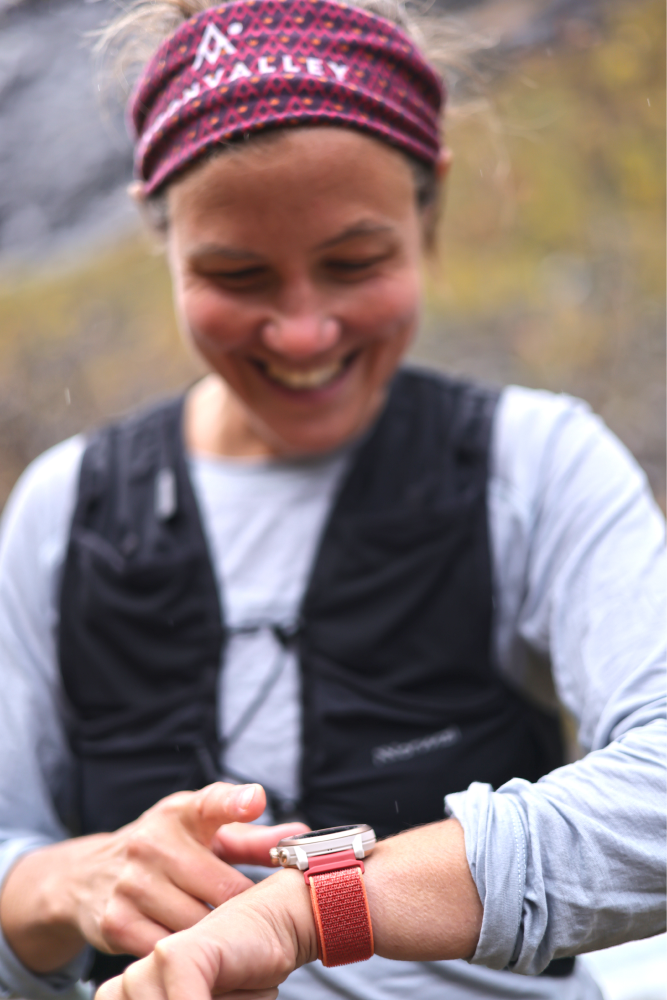
As you build back following childbirth, it's important to go slow and monitor what your body is going through. These three metrics have provided Emelie with the guidance to know when to push, recover or take it easy.
HRV (Heart Rate Variability)
Found within COROS settings in the APEX and VERTIX series watches, this tool allows you to measure your daily HRV to see how your body responds to stress. "When I wake up, I check my HRV to see if I am able to perform a workout. Following the birth of our children, if my HRV was low, I wouldn't leave the house. My body needed rest. This is a great tool to use to know when you should workout, or perhaps more importantly when you should rest."
Heart Rate Monitor
All COROS watches have heart rate monitors built in. COROS also just launched the new Arm HR Monitor for a better experience overall. Emelie noted that heart rate is the key metric she focuses on when actually training. Whether she is ensuring her heart rate doesn't get too high during pregnancy or ensuring she doesn't push too hard on her return, this is a key metric to utilize to monitor intensity.
CORE Body Sensor
Emelie noted that one of her favorite new metrics is body temperature during training. When pairing a COROS device with the CORE Body Sensor, athletes can get live body temperature readings on their watch along with data to review after the workout. "I have learned that my body operates best at a certain temperature. Anytime I exceed this threshold, my recovery suffers, and my future training isn't as efficient. This has been a new discovery for me, and it's a great tool to ensure that my quality sessions are strong but that I can still recover with everything I have going on at home."
Overall
Emelie Forsberg is an elite, world-class runner who continues to find motivation and push her limits for peak events. While she has already had an amazing career, she hopes to build on her past results and see what is possible. Having navigated her own journey through pregnancy twice, she feels that while every woman's path is unique, there are common topics that can help all women achieve their best. As we await to see what the future holds, we thank Emelie for sharing her experience and hope it has left a positive impact on all those reading.
/fit-in/0x18/coros-v2/images/common/logo_black.png)

